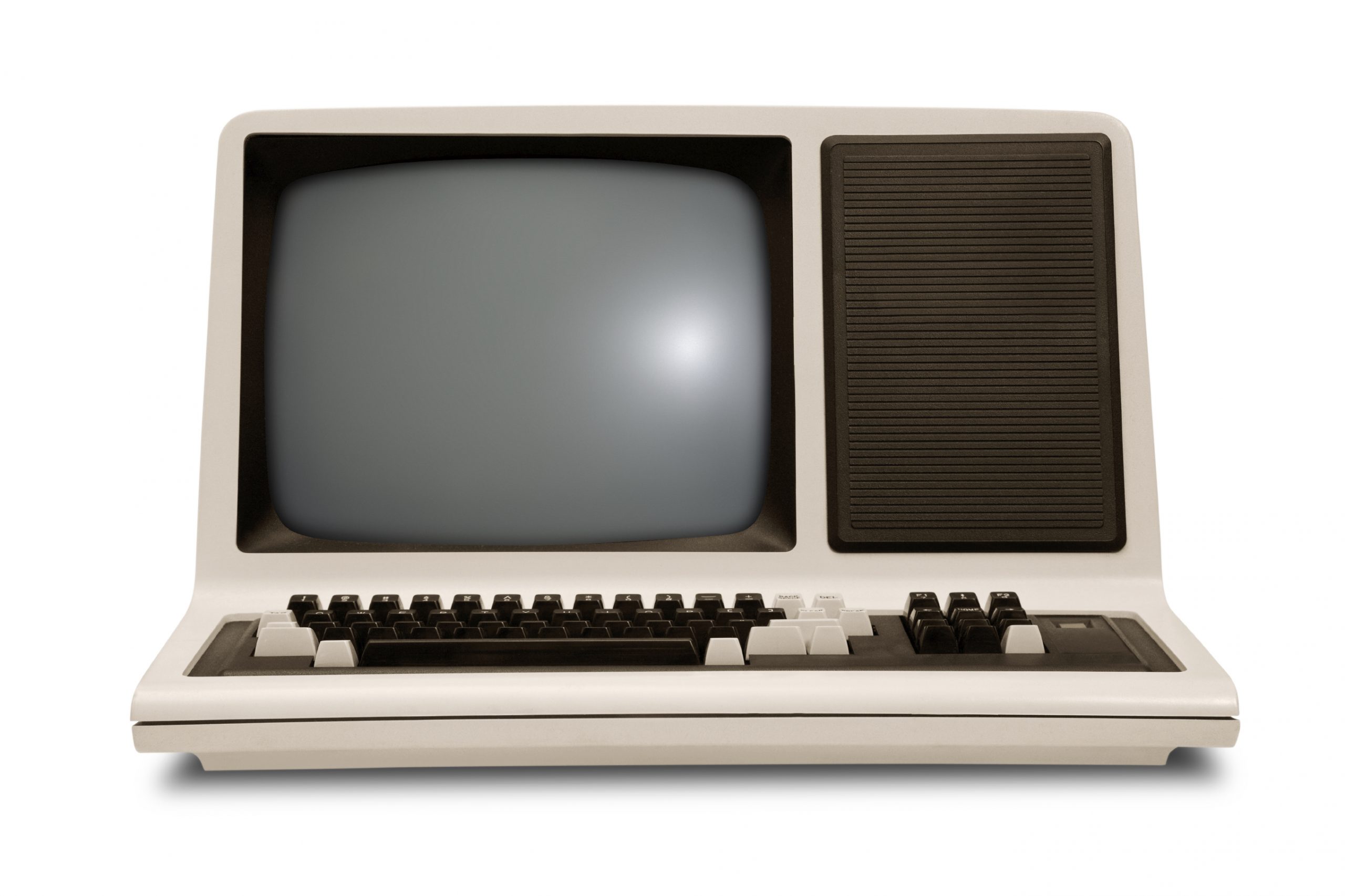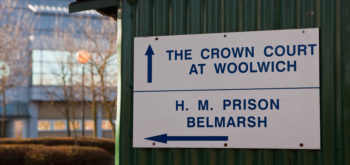While coronavirus is changing so much about our lives, there is comfort in observing how some things remain exactly the same. On court reform, the same voices have responded to the coronavirus pandemic in reassuringly consistent ways: futurologists like Professor Richard Susskind are leading the charge for virtual and online courts, convinced that the enforced ramping up of remote video hearings due to covid-19 shows that virtual courts work better.
For them, the crisis has been useful in forcing courts to adopt the technology in a way that was likely to be otherwise slow and incremental. As Susskind has written: ‘Until a few weeks ago, most judges and lawyers rejected the idea of non-physical courts, denying that remote hearings could be fair or even technically feasible… Then the virus came, courts closed, and it only took a fortnight.’
Yet no sooner is this victory claimed but there is a cacophony of rejoinders. The first set of responses are from ‘what about?’ pragmatists, normally lawyers who may accept the general futurologist argument that this technology is coming but who are concerned about how it applies to their area of law and who are often not keen for it to apply just yet. For these pragmatists, the wider use of video hearings does not prove that they are necessarily better.
As family law barrister, Lucy Reed, has written: ‘Susskind elides practical changes borne of necessity with a change in view regarding fundamental questions. We haven’t ‘fully embraced’ fundamental changes to our system of justice.’ Indeed, work we have been involved in the Nuffield Family Justice Observatory on the use of remote hearings in family courts during the crisis shows a distinctly mixed picture, including some good practice and some very worrying features. As Reed argues, can futurologists really claim victory if remote hearings mean that ‘a parent is too distraught or confused to be able to follow what is happening in an emergency hearing which results in their baby being taken away?’
The second set of responses is from the ‘tech pessimists’ who find nothing attractive about technological court reform, and who see themselves as armed with abundant evidence of technology’s nefarious role in denying true justice. In a fascinating discussion of coalface experiences, hosted by Young Legal Aid Lawyers, some of the arguments against the use of video hearings surfaced again, especially around the experience of their current application in criminal hearings, where the ability of lawyers to speak to clients prior to and during hearings and to play a mediating role are severely constrained. For pessimists, these examples are simply more evidence on how the tech can never provide a stable alternative. Anyone who has followed arch-pessimist and stalwart Penelope Gibbs’s attempts to access virtual court hearings as a member of the public, let alone actually attend hearings in those courthouses still open, can’t help but see that not all is as it should be.
Yet as we at the Centre have been looking across eight jurisdictions’ responses to the coronavirus, it is not clear how much any of these parties can really claim victory in the current circumstances. From what we have observed, court system responses have all tended to follow the same pattern: a reduced number of court buildings open and the use of video technology to facilitate those hearings that must continue but, perhaps most importantly, the deferral of almost all but the most urgent cases. In short, courts are coping because most business has been suspended. In such extreme circumstances, it is hard to see which argument is winning.
This sense of crisis will, of course, last well beyond lockdown. An Institute for Government’s report on how government reforms and coronavirus will affect policing, courts and prisons suggests that ‘coronavirus could create a major backlog of cases. If the shutdown of courts lasts for six months, our central projection is that waiting times would increase by 60% in the crown court (from an average of 18 weeks to 29 weeks)’. While this may seem to suggest that this will mean even more remote hearings, the Lord Chief Justice is already reported to have said that the backlog will likely be too big for remote hearings alone to be an adequate response without some other major changes to the capacity of the courts.
Yet, when the crisis is over, the same issues on court technology still need to be thrashed out. On video hearings, there remains an absolute need to establish on what basis remote hearings ought to be used in the future. This will require answers to questions on not only which types of cases, but who, ultimately, decides what venue the case appears in— the court administrator, the Government accountant, the judge, the lawyers, or, horror of horrors, the actual citizen themselves? What role do public attitudes play in settling these questions: my own research in 2018 identified that the public were comfortable with the use of video hearings in criminal matters for low-level offences but as soon as the issues were seen as ‘serious’, they expected physical court hearings, to convey the seriousness and solemnity that society should attach to such matters.
And what has been ignored in the noise and heat of the debate so far is that the use of video hearings is only one issue that needs to be grappled with as we think about the future of technology in our courts. Richard Susskind’s most telling point has always been to argue that courts need to shift from seeing themselves as places to seeing themselves as an access to justice service. This fundamental cultural and institutional shift is aimed to bring more disputes into their ambit in online dispute resolution processes, allowing non-lawyers to conduct their own cases and extending access to justice. Though Susskind has increasingly expressed scepticism about extending these ideas from the civil courts to criminal matters, there are many summary matters, like motoring offences, which are already being handled administratively anyway, through the single justice procedure. A shift to make these matters all resolvable via online dispute resolution is a much more radical vision than the covid-19 remote hearings where everything but the venue remains the same.
What this all points to is the fact that there are still big issues of legitimacy, solemnity, fairness, efficiency and efficacy at play in these debates, covid-19 or not. And it is still the case that, in England and Wales, there has really been no extensive public and Parliamentary debate about some of these fundamental principles. Futurologists are probably right that courts are moving, whether we like it or not, to greater remote and virtual working.
The Lord Chief Justice himself told Parliament on May 13 that ‘there will be no going back’ to how courts used to run pre-covid-19. It is therefore even more vital that, before covid-19 ways of working are made the ‘new normal’, that there is a clear debate had, by lawmakers and with the wider public, about when remote and online justice is appropriate— and when it is not. The pandemic may have given us a glimpse of what courts could look like but that does not mean that what was necessary in the crisis should be accepted as what justice ought to be in the future.







